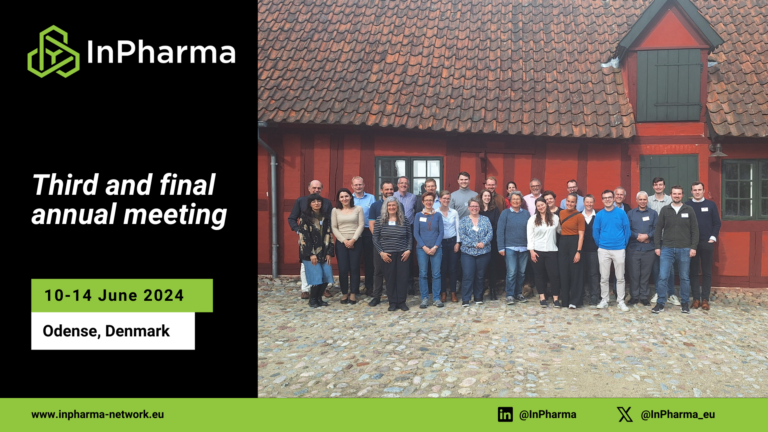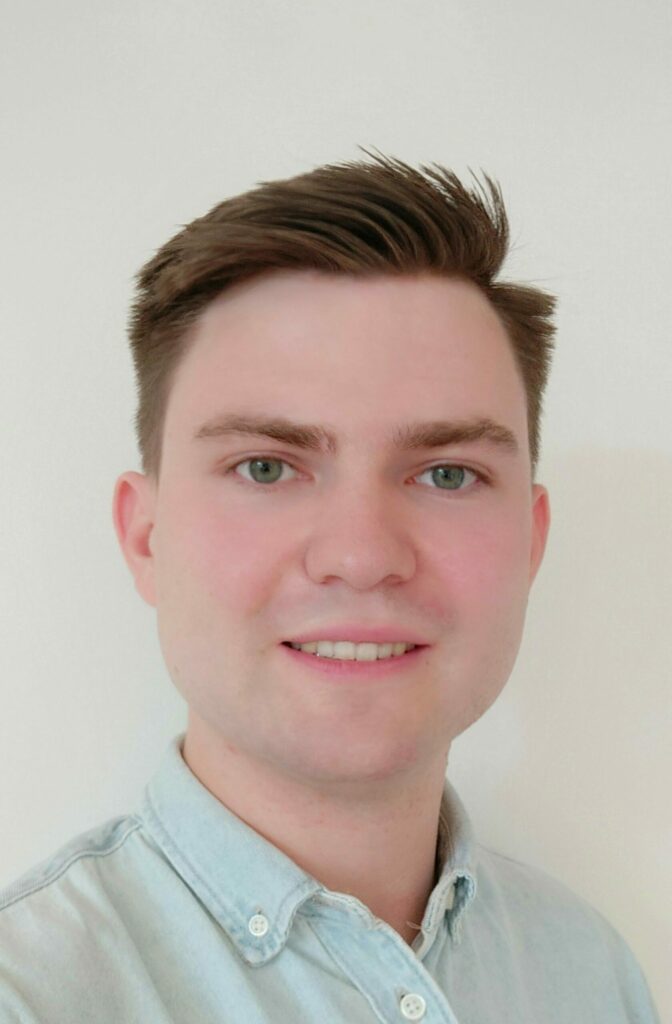Nicolas Pätzmann
ESR 3: Computational tools to predict co-grinding approaches to overcome dissolution rate limited absorption
Zentiva, Czech Rebuplic
Supervisor: Dr. Josef Beranek (Zentiva)
Planned secondments: UCC, Ireland (Purpose: Modelling and data analysis, PhD courses) FHNW, Switzerland (Purpose: Advanced characterisation methods)
Project Description
The general aim of this project is to evaluate the potential of co-grinding with excipients (e.g. surfactants, cyclodextrins) to enhance the dissolution rate from solid dosage forms. For this purpose, prototype formulations will be characterised by using advanced methods (e.g., IR, Raman imaging) to model dissolution rate enhancement as a function of drug and excipient properties. Finally, the newly generated in vitro data will be integrated in existing PBPK models to predict in vivo impact of enhanced dissolution rate via co-grinding.
Background
The influence of a long-term volunteer in social work and the strong interest in natural sciences induced Nicolas Pätzmann to matriculate for pharmacy at the University of Münster (WWU) in 2015. Caused by his fascinations in software engineering and technical issues he attended, additional to obligatory lectures, courses in molecular modelling whereby his vision to work on computational projects in a pharmaceutical environment grew. Further, he took part on student research projects in which he focused his studies on biopharmaceutical issues and drug delivery (e.g. a colon targeting project). During the study period, Nicolas worked at a pharmaceutical company (Dr. Wolff Group) where he got an insight in industrial processes at the pharmaceutical formulation development. After these experiences, Nicolas graduated in 2019 and decided to sign at the Bayer AG Pharmaceuticals in the same year, where he took mainly care of biopharmaceutical projects in the pharmaceutical R&D.
As a licensed pharmacist and after employments in several german pharmacies, Nicolas is looking forward to start his project at the host institution Zentiva k.s. in Prague. For advanced characterisation methods he will take measurements in laboratories of the University of applied sciences and arts northwestern switzerland (FHNW). The University College Cork in Ireland is the PhD host institution and will provide PhD courses to model the generated data in the end of the project.

Third and final annual InPharma Meeting took place in Odense, Denmark
Following in the footsteps of the first two very successful meetings in Cork (2022) and Athens (2023) the third and final annual InPharma meeting took place at the university of

